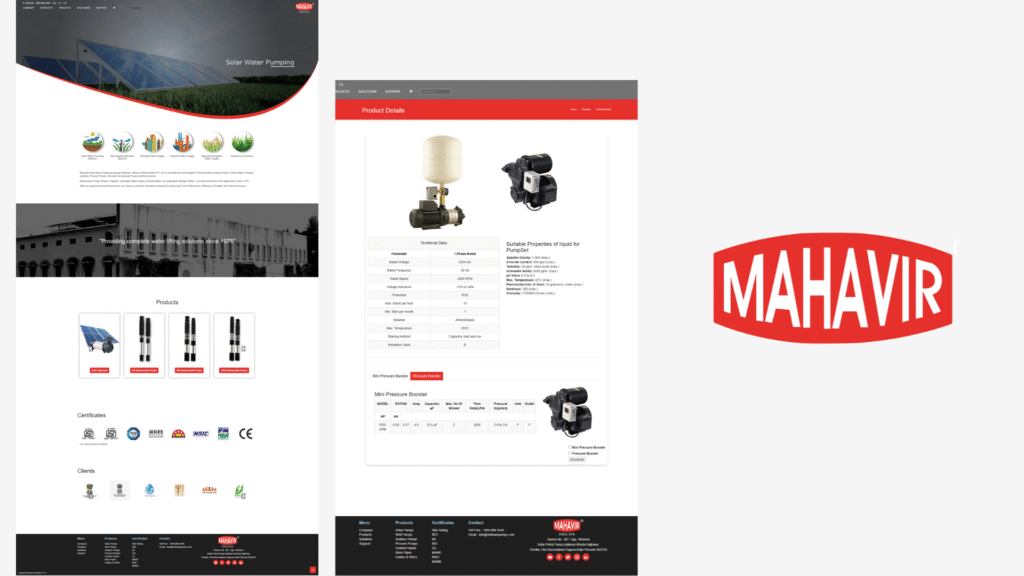WordPress.com vs WordPress.org: 2025 Complete Guide
Choosing the right platform to build your website is critical in ensuring your online success. With WordPress being the most popular website creation tool globally, understanding the difference between WordPress.com and WordPress.org is essential. In this comprehensive 2025 guide, we will explore the features, advantages, disadvantages, costs, and ideal use cases for both platforms, helping you make an informed decision tailored to your needs.
Introduction to WordPress
WordPress is an open-source content management system (CMS) that powers over 43% of all websites worldwide. Its flexibility, scalability, and user-friendliness make it the top choice for bloggers, entrepreneurs, businesses, and large organizations alike. However, behind the umbrella term “WordPress” lie two distinct platforms: WordPress.com and WordPress.org.
What Is WordPress.com?
WordPress.com is a hosted platform owned by Automattic. It offers a simplified experience, allowing users to create a website without worrying about the technical aspects of hosting or maintenance.
Key Features of WordPress.com
- All-in-one hosting included
- Easy setup and user-friendly interface
- Limited customization options based on plan
- Automatic updates and security handled by WordPress.com
- Pre-installed themes and plugins (depending on plan)
- Built-in monetization and analytics tools
Pricing Tiers
WordPress.com offers a range of plans, from free to premium, tailored to different needs:
- Free Plan: Basic features, WordPress branding, limited storage
- Personal Plan: Custom domain, email support, no ads
- Premium Plan: Advanced customization, monetization tools
- Business Plan: Install custom plugins/themes, advanced SEO, and integrations
Advantages of WordPress.com
- Ease of Use: Perfect for beginners with minimal technical skills.
- Maintenance-Free: Automatic updates, backups, and security.
- Quick Setup: Launch a website in minutes.
- Built-in Features: Analytics, monetization, social media integrations.
Disadvantages of WordPress.com
- Limited Flexibility: Customization is restricted unless you upgrade to higher plans.
- Less Control: You cannot install custom plugins or themes on lower-tier plans.
- Potentially Higher Long-term Costs: Upgrading plans can become expensive, especially when adding advanced features.
- Limited Monetization Options: Restrictions on ad networks and monetization methods on lower plans.
What Is WordPress.org?
WordPress.org is the self-hosted version of WordPress. It is open-source software that you can download and install on your own web hosting server. This platform provides complete control, customization, and scalability for your website.
Key Features of WordPress.org
- Full access to the source code and database
- Ability to install custom themes and plugins
- Complete control over hosting environment and backups
- Advanced SEO and performance optimization
- Ownership of all data and content
Required Components
- Domain Name: Your website’s address (e.g., example.com)
- Web Hosting: Service provider where your website files are stored
- WordPress Software: Downloaded from WordPress.org
Advantages of WordPress.org
- Full Customization: Install any themes, plugins, or custom code
- Higher Flexibility: Tailor your website for any purpose, from ecommerce to portfolios
- Ownership & Control: Complete access to your data and files
- Scalable: Suitable for websites of any size, from small blogs to large enterprise portals
- Extensive Community Support: Thousands of developers and resources available
Disadvantages of WordPress.org
- Technical Skills Required: Need to set up hosting, install software, and manage updates
- Maintenance Responsibilities: Regular backups, security, updates necessary to prevent vulnerabilities
- Initial Cost: Costs for hosting, domain registration, themes, and plugins
- Time Commitment: More setup time compared to WordPress.com
Comparison Table: WordPress.com vs WordPress.org
| Feature | WordPress.com | WordPress.org |
|---|---|---|
| Hosting | Included (Managed by WordPress) | Self-hosted (Your responsibility) |
| Cost | Free to start; paid plans for advanced features | Hosting costs + domain + possibly premium themes/plugins |
| Customization | Limited; only what plans allow | Unlimited; install any theme/plugin |
| Control | Owned by WordPress.com, limited access | Full ownership and control |
| Security & Maintenance | Handled automatically | Self-managed |
| Monetization | Restrictions on ads and revenue methods (on free plans) | Complete freedom to run ads and monetize |
Which Platform Is Best for You in 2025?
Ideal for Beginners and Casual Bloggers
If you’re starting out, have limited technical skills, and want a hassle-free setup, WordPress.com is the way to go. Its simplicity allows you to create and publish content quickly without managing hosting or security.
Best for Professionals, Businesses, and Developers
If you need full control over customization, scalability, or plan to run an online store, WordPress.org provides the flexibility and power required. Although it involves more setup and maintenance, it’s ideal for growing websites demanding advanced features.
Cost Breakdown: WordPress.com vs WordPress.org
WordPress.com
The costs depend on your plan:
- Free: $0
- Personal: around $4/month billed annually
- Premium: about $8/month billed annually
- Business: approximately $25/month billed annually
Higher plans include additional features like custom plugins, storage, and advanced analytics.
WordPress.org
Costs vary based on hosting providers, but typical expenses include:
- Domain name: $10–$20/year
- Web hosting: $3–$30/month depending on your provider
- Themes and Plugins: Free options available; premium themes/plugins may cost $50–$100+
- SSL Certificate: Often included with hosting or ~$10/year separately
Overall, initial setup costs can range from $50 to several hundred dollars but provide greater long-term value and flexibility.
Security and Maintenance
WordPress.com handles all security, backups, and software updates, making it maintenance-free for users.
WordPress.org requires you to manage security, updates, backups, and performance optimization, which can be streamlined with tools and plugins but still needs ongoing attention.
SEO and Performance
Both platforms support SEO best practices, but Yoast SEO and other plugins are only available on self-hosted sites. Additionally, performance can be optimized with caching plugins and Content Delivery Networks (CDNs), which are more accessible with WordPress.org.
Final Thoughts: Choosing the Right Platform in 2025
Both WordPress.com and WordPress.org are powerful platforms, but your choice depends on your specific needs, technical expertise, and growth plans. Here’s a quick summary:
- Go with WordPress.com if: You want an easy, all-in-one solution with minimal setup, especially for personal blogs and small sites.
- Choose WordPress.org if: You need maximum flexibility, plan to expand your website, or require complete control over customization and monetization.
Conclusion
In 2025, understanding the differences between WordPress.com and WordPress.org is vital to making the right investment for your online presence. While WordPress.com offers simplicity and convenience, WordPress.org provides unmatched customization and scalability — ideal for those serious about long-term growth and control.
Evaluate your goals, budget, and technical skills carefully, and start building your successful website today!



